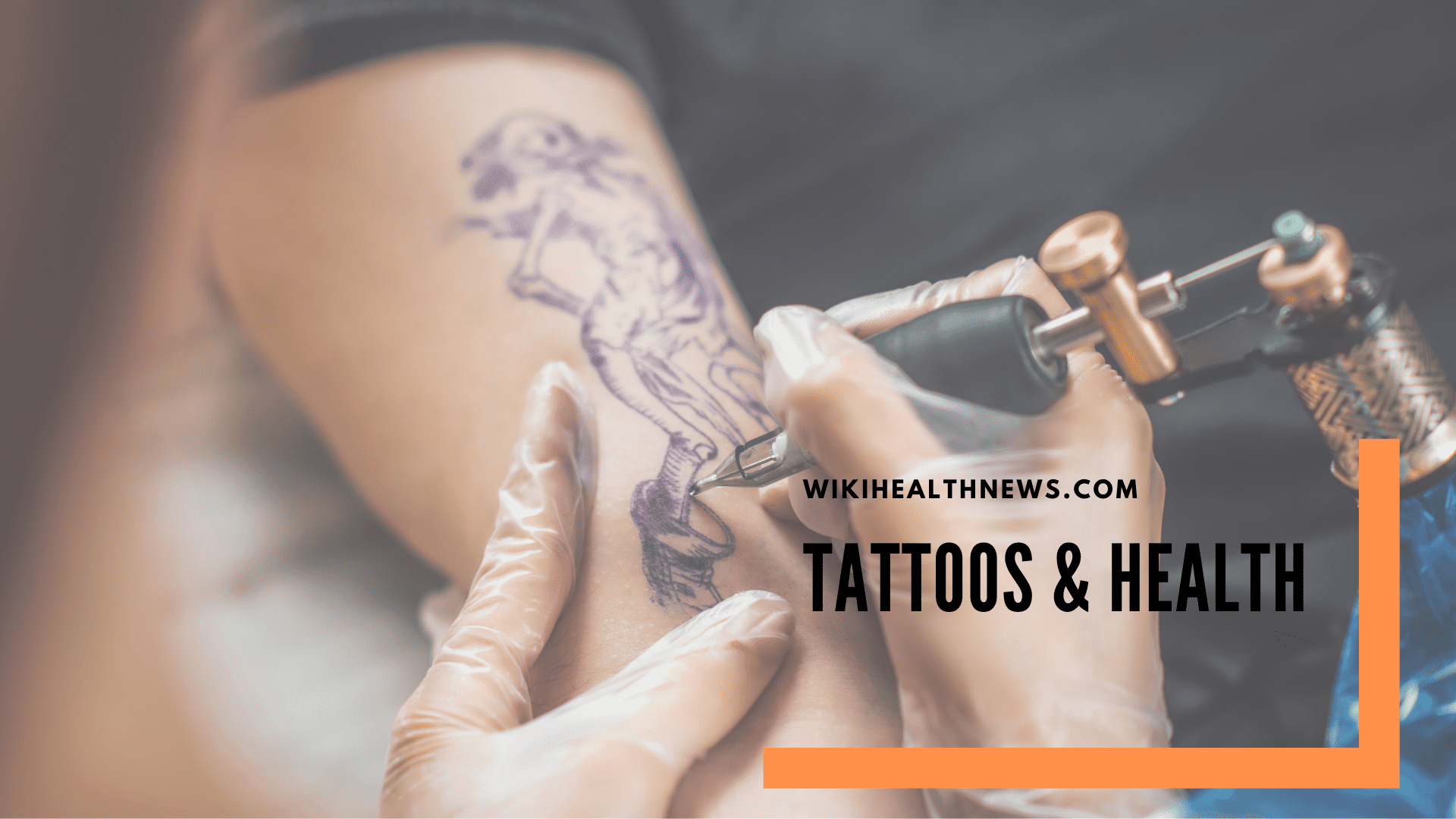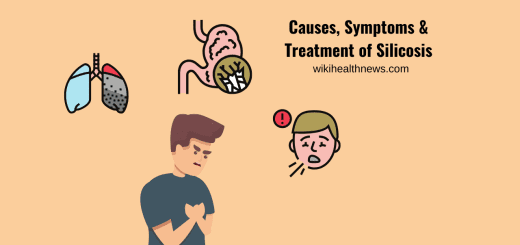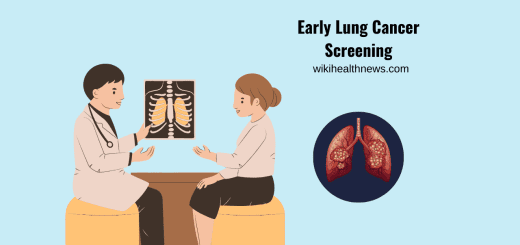Impact of Tattoos on Health: Are They 100% Safe For You

Tattoos have surged in popularity over the past few decades, becoming a mainstream form of self-expression and art. However, while many people appreciate the aesthetic and cultural significance of tattoos, it’s essential to consider their potential health impacts. In this article, we will explore both the positive and negative health effects of tattoos, providing a balanced view for anyone considering body art.
Understanding Tattoos
A tattoo is a form of body modification where ink is inserted into the dermis layer of the skin, creating a design that can be permanent or semi-permanent. While the art of tattooing has been practiced for centuries, contemporary techniques have evolved, leading to safer and more refined procedures. However, it is crucial to understand the health implications associated with this form of body art.
Potential Health Risks
1. Skin Reactions
One of the most immediate health concerns associated with tattoos is the potential for skin reactions. These can range from mild irritation to severe allergic reactions. Common symptoms may include redness, swelling, or itchiness at the tattoo site. Allergic reactions to tattoo ink, particularly colored inks, can lead to more significant issues, including hives or rashes that may persist for years.
2. Infection
Infections are another risk, especially if proper hygiene practices are not followed during the tattooing process. When a tattoo needle punctures the skin, it creates an open wound, making it susceptible to bacterial infections. Signs of infection may include increased pain, pus, or fever. Ensuring that the tattoo parlor adheres to strict sanitary standards is vital for minimizing this risk.
3. Bloodborne Diseases
Another serious health concern is the potential transmission of bloodborne diseases, such as hepatitis B, hepatitis C, and HIV. If a tattoo artist uses unsterilized equipment or if the tattooing process is not conducted in a clean environment, there is a risk of cross-contamination. It’s crucial to choose reputable tattoo parlors that use disposable needles and follow safety protocols.
4. Keloids and Scarring
Some individuals may be predisposed to keloid formation, which is an overgrowth of scar tissue that occurs at the site of an injury. Tattoos can trigger this response, leading to raised, thickened areas of skin that can be both uncomfortable and aesthetically displeasing. Those with a history of keloids should consult a dermatologist before getting tattooed.
Psychological Effects
1. Boosted Self-Esteem
On the positive side, many people report a boost in self-esteem and confidence after getting a tattoo. Tattoos can serve as a form of self-expression, allowing individuals to showcase their identity and personal story. This sense of ownership and individuality can contribute to improved mental well-being.
2. Coping Mechanism
For some, tattoos can act as a coping mechanism for emotional pain. The process of getting a tattoo can provide a sense of control over one’s body and serve as a tangible reminder of resilience, particularly for those who have experienced trauma. This therapeutic aspect can help in healing from past experiences.
Long-Term Health Considerations
1. Ink and Health
The composition of tattoo ink has come under scrutiny, particularly concerning its long-term effects on health. Some inks contain heavy metals and other potentially harmful substances. While the FDA regulates tattoo inks to some extent, many inks are not fully vetted for safety. Research is ongoing into the potential health impacts of prolonged ink exposure, including skin conditions and systemic effects.
2. MRI Complications
There have been reports of complications during MRI scans for individuals with tattoos. Some people experience a burning sensation or discomfort in the tattooed area due to the presence of metallic pigments in certain inks. While these instances are rare, it’s essential for individuals with tattoos to inform their healthcare providers before undergoing an MRI.
Choosing a Safe Tattoo Experience
1. Research Reputable Artists
When considering a tattoo, it is vital to research reputable tattoo artists and parlors. Look for establishments that are licensed, maintain a clean environment, and have positive reviews. Don’t hesitate to ask questions about their hygiene practices, equipment, and ink sources.
2. Consult a Professional
If you have pre-existing health conditions or skin sensitivities, consulting a healthcare professional before getting a tattoo can provide valuable insights. A dermatologist can help assess your skin type and any potential risks associated with getting inked.
3. Aftercare
Proper aftercare is essential for minimizing health risks post-tattoo. Follow your tattoo artist’s aftercare instructions, which typically include keeping the area clean, avoiding sun exposure, and applying recommended ointments. Taking these precautions can help prevent infections and ensure the longevity of your tattoo.
Here’s a table outlining different types of tattoos and their general safety considerations:
Type of Tattoo Description Safety Considerations Traditional Tattoos Inked using needles and pigments on the skin. Requires sterile equipment to prevent infection. Temporary Tattoos Made with non-permanent ink or henna. Generally safe, but allergic reactions to dyes can occur. Henna Tattoos Natural dye from the henna plant. Safe if using pure henna; avoid black henna due to additives. Stick-On Tattoos Adhesive designs that can be easily removed. Safe, but may cause skin irritation if adhesive is strong. 3D Tattoos Created to give a three-dimensional effect. Same safety concerns as traditional tattoos; ensure hygiene. Cosmetic Tattoos (Micropigmentation) Semi-permanent tattoos for makeup effects. Requires skilled technicians to avoid complications. Medical Tattoos Used for medical identification or aesthetic correction. Generally safe; must be performed by professionals. UV Tattoos Ink that glows under black light. Safety of pigments varies; ensure they’re skin-safe. General Safety Tips:
- Choose a Reputable Artist: Look for licensed professionals with good hygiene practices.
- Aftercare: Follow aftercare instructions to reduce the risk of infection.
- Allergy Testing: Consider patch testing for ink allergies, especially for non-traditional inks.
Feel free to ask if you need more details on any specific type!
Conclusion
Tattoos are a popular and personal form of self-expression, but they come with a range of health implications that should be carefully considered. While there are potential risks such as skin reactions, infections, and long-term health concerns associated with tattoo inks, there are also psychological benefits to be gained from body art.
If you’re thinking about getting a tattoo, make informed decisions, prioritize hygiene and safety, and consult with professionals. Ultimately, a well-thought-out approach can help you enjoy the art of tattooing while minimizing health risks.
By understanding the effects tattoos can have on your health, you can make a decision that aligns with both your aesthetic desires and your well-being. Whether you view tattoos as a form of art, a symbol of personal growth, or a cultural statement, being informed will empower you to embrace your choices confidently.











